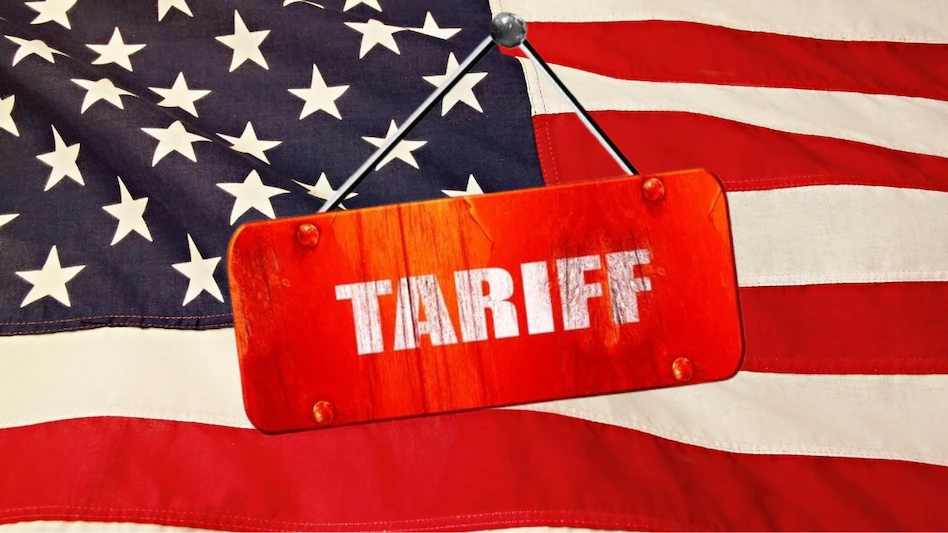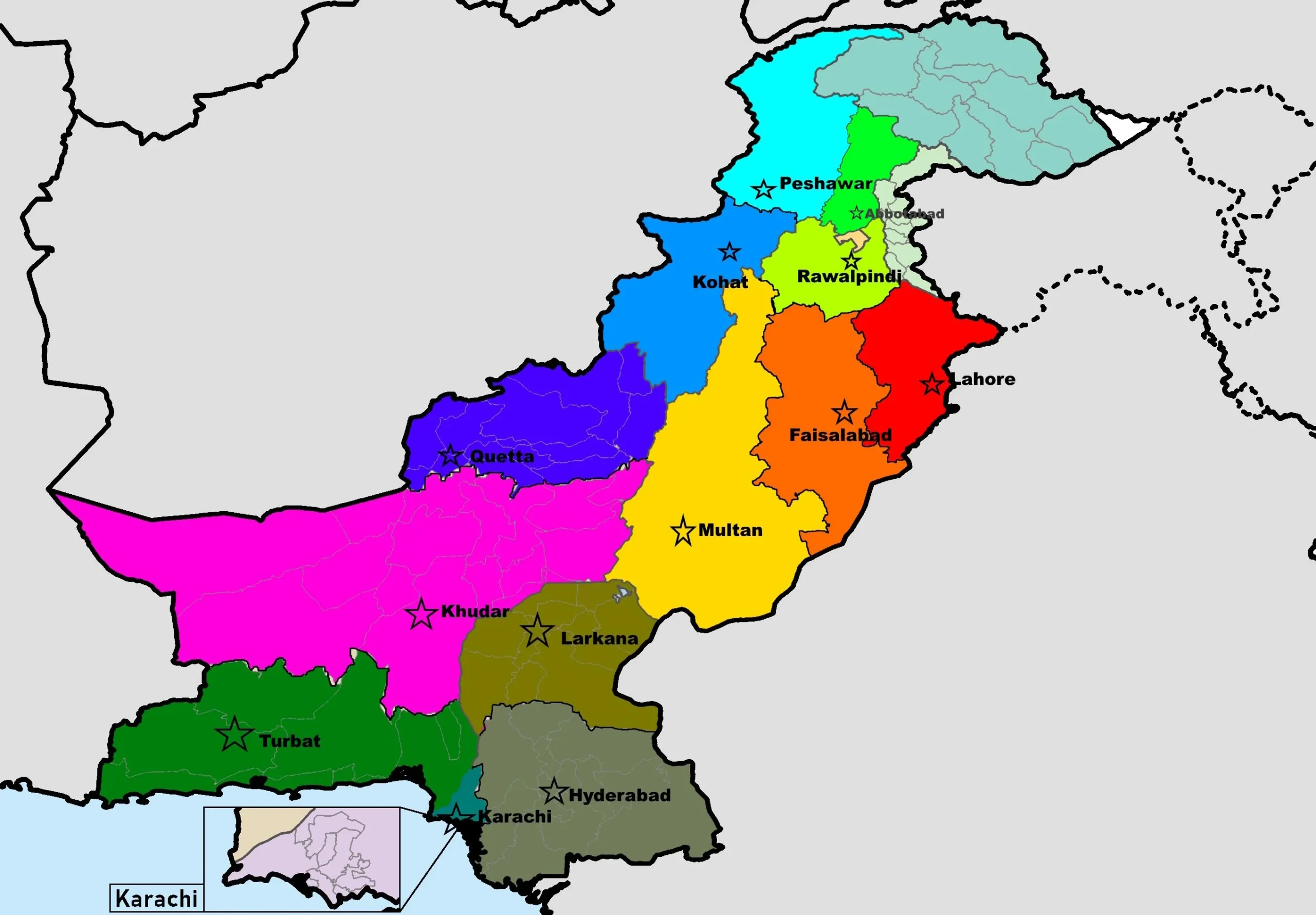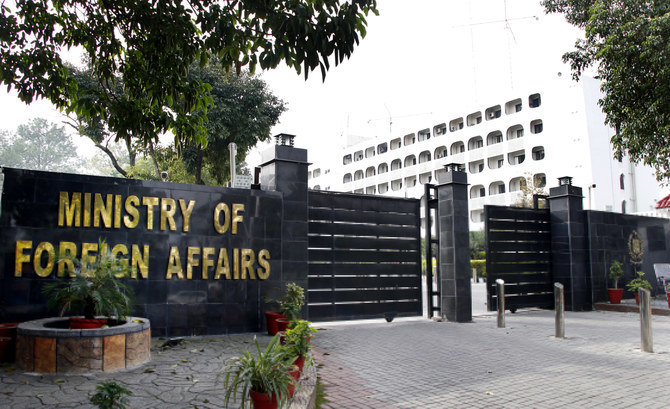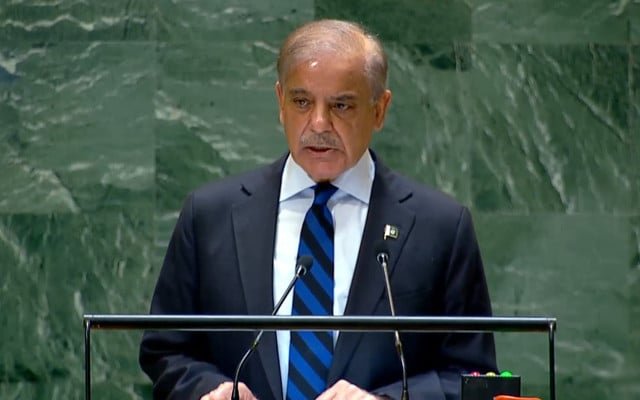President Donald Trump’s recent announcement of sweeping reciprocal tariffs has ignited condemnation worldwide, even from some of America’s closest allies. Countries like China, Japan, and the European Union have criticized the move, pledging to retaliate and calling for negotiations to prevent further escalation of a trade war that could disrupt global supply chains.
China was quick to respond, demanding the US immediately cancel its new tariffs and vowing to protect its own economic interests. The Chinese government’s statement emphasized that such actions would only deepen tensions between the world’s two largest economies, leading to further instability in international trade.
Australia, a long-standing US ally, also voiced strong opposition. Prime Minister Anthony Albanese stated that Trump’s tariffs were “illogical” and harmful to the partnership between the two nations. Similarly, leaders in Japan, New Zealand, Taiwan, and South Korea—key US allies in the Asia-Pacific region—denounced the move, expressing concern over its potential global impact.
Trump’s new tariffs include a 10% baseline on all imports to the US, with higher rates for countries like Japan (24%), South Korea (25%), Taiwan (32%), and the European Union (20%). However, countries like the UK, Australia, and New Zealand were spared, receiving the minimum 10% tariff. Meanwhile, China faces a massive 34% tariff, stacking on top of previous duties imposed earlier this year.
European Commission President Ursula von der Leyen warned of dire consequences from the new tariffs and stated that the EU was preparing counter-measures to protect its interests. Similarly, while acknowledging Trump’s concerns about global trade, some leaders expressed a desire for negotiations to address the “serious deficiencies” in the trading system.
Canada and Mexico, major US trading partners, were not subject to the new tariffs, though existing duties on certain goods remain in place. Mexico’s President Claudia Sheinbaum stated that the country would not retaliate with similar tariffs but would instead pursue a “comprehensive program” in response.
As the world braces for the fallout from Trump’s tariff policies, it’s clear that this move has triggered a wave of economic uncertainty, with countries across the globe pledging to defend their interests through counter-actions and negotiations.















